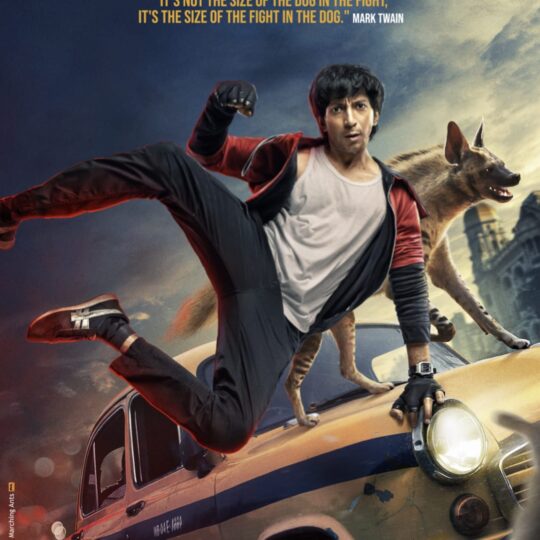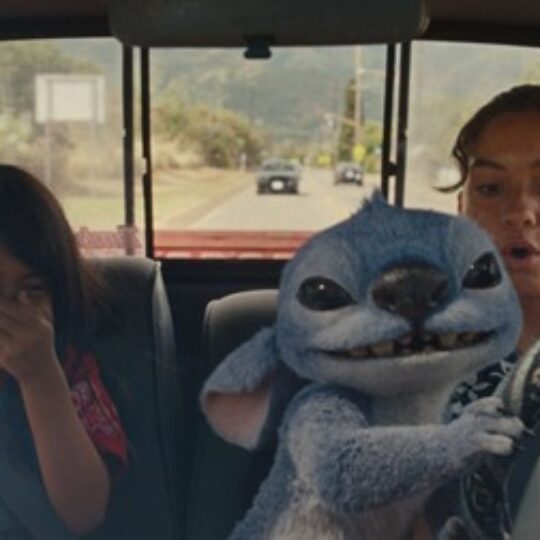On the occasion of World Television Day, celebrated annually on November 21, actress Devanggana Chauhan shared her thoughts on how television has significantly impacted society. Known for her roles in popular TV shows such as Drive with Nano (Season 3), Dhadkan Zindaggi Kii, Sapnon Ki Chhalaang, and Saavi ki Savaari, Chauhan highlighted the powerful role television plays in shaping perceptions and behavior.
Television’s Role in Shaping Society
Devanggana Chauhan emphasized that television has long been a major influence on societal norms and values. “I feel television has played a very big role in influencing society,” she said. Recalling the era when Saas-Bahu dramas were all the rage, she mentioned how these shows impacted both daily life and product marketing. “I remember when people would sell products in shops by comparing them to characters like Bhabho from Diya Aur Baati Hum or the iconic Tulsi sarees. It shows how deeply TV characters have infiltrated everyday life,” she reflected.
Chauhan also pointed out how TV has become a source of influence in areas like fashion, character portrayal, and cultural celebrations. “Things have changed a lot now, but the impact remains. TV shows have influenced everything from looks to lifestyles,” she added.
Relatability and Connection: TV as a Mirror of Society
According to Devanggana, one of the reasons television holds such a significant place in society is its relatability. “Television characters are not just fictional, they become a mirror of our own lives. People start seeing themselves in these characters, which creates a unique bond between the viewers and what they watch,” she explained. This connection is not limited to daily soaps but extends to news, music, and movies that audiences consume daily.
She also touched upon the shift in TV content, explaining that television has become more realistic over time. “Television is now in a more absorbing phase, and the audiences have become more discerning and realistic. It’s no longer just about entertainment—it’s about authentic storytelling,” said Chauhan. She also highlighted that both traditional TV and OTT platforms have their own appeal, making direct comparisons between the two unnecessary.
A Nostalgic Look Back at TV’s Evolution
A proud 90’s kid, Devanggana Chauhan fondly remembered the golden era of television. “I grew up watching Surbhi and Chitrahar on Doordarshan. There was a time when we had a cartoon channel that aired cartoons for just two hours a day. Then came the era of daily soaps, which completely changed the landscape of television,” she reminisced.
Chauhan noted how TV shows like Shaka Laka Boom Boom and Son Pari left a lasting impact on her childhood. “These shows weren’t just entertaining; they taught important life lessons. Each episode had a message for kids to learn from, and that was truly special.”
As the industry continues to evolve, Chauhan believes television will remain a powerful tool for both entertainment and education.
On this World Television Day, Devanggana Chauhan’s reflections offer a thoughtful perspective on how television continues to shape and influence our society. From creating relatable characters to offering valuable life lessons, television remains an integral part of our cultural fabric.









Sorry, the comment form is closed at this time.